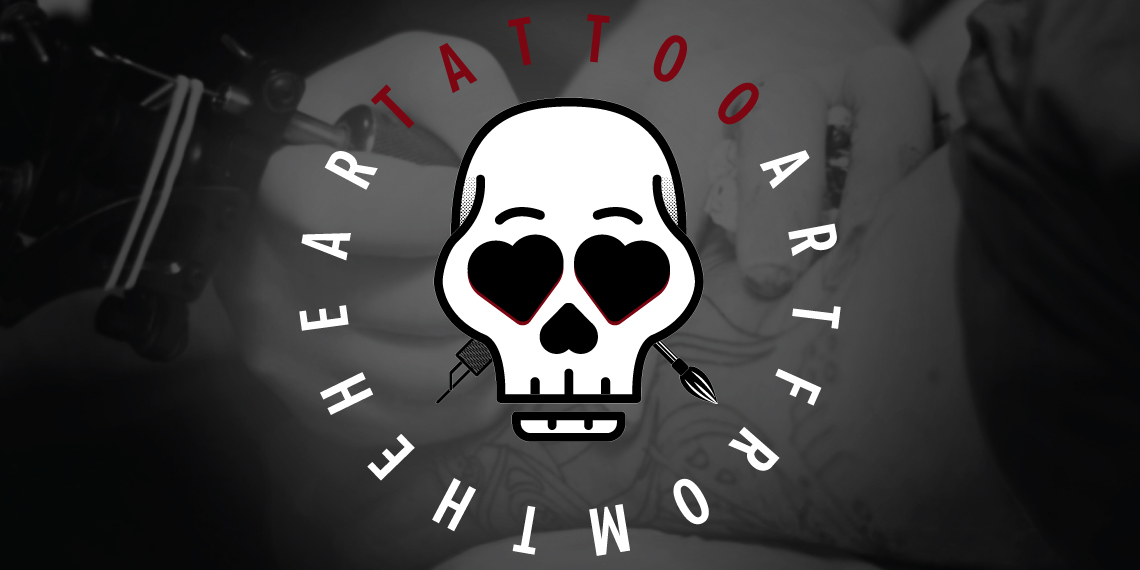Tattoos have quite a long history in Japan, starting somewhere around 10,000 BC. While there has been a period in Japan when tattoos were frowned upon and worn only by prisoners, there were also a lot of years where they have been worn for spiritual or decorative purposes. Known for their eye-catching appearance, a lot of the Japanese tattoo designs flaunt expansive and colorfully detailed looks. A lot of Japanese tattoo designs are based on animals and myths central to their culture. Throughout history, myths interestingly came to represent significant human values, a lot of which are represented in a lot of these remarkable tattoo designs.
Because of centuries of a stigma surrounding tattoos in Japan, modern views of tattoos, as well as tattooing, are different. Some of them seem to focus on deviance and crime, while others on respect. Tattoos, as outlined in ideas of filial piety, are also seen as disrespect to the body of a person that was given to him or her by their parents.
Japan has a long history of etiquette and respect, which can be seen in a lot of everyday actions, as well as language. The Japanese have a lot of social rules around bowing, eating, as well as conversation and politeness, which help shape their everyday lives. With disrespecting the body with tattoos, the person breaks social codes of respect and obedience. A lot of them still get inked nowadays as a fashion statement, slowly pushing the social barriers for future generations.
The Seven Gods of Luck and Good Fortune are among the favorite themes in Japanese tattoo art. Shichi Fukujin is the Seven Gods of Luck and Good Fortune in Japan, and each of them symbolizes a certain virtue. The seven virtues which each of the gods symbolize are honesty, fortune, dignity, amiability, longevity, happiness, as well as wisdom.
They were chosen from Hindu, Buddhist, Taoist, as well as Shinto gods or saints, and then they were settled into Japanese Folklore gods, believed to have been grouped somewhere around the 17th century.
These gods of Japan are a group of deities that together bring loads of health, prosperity, long life, and good luck to those that recognize them. They are extremely hopeful. Originally, they were seen separately, just like we already mentioned.
In alphabetic order, the Seven Lucky Gods are:
- Benten, who is the goddess and the patron of pre-forming art, music, painters, geisha, writers, sculptures, as well as beauty and knowledge.
- Bishamon, who is the patron god of missionaries, priests, doctors, as well as soldiers.
- Daikoku, who is the patron god of business, trade, finances, as well as farmers.
- Ebisu, who is the patron god of fair trade, fishers, sailors, wealth, sincerity, as well as good fortune.
- Fukurokuju, who is the patron god of magicians, watchmakers, athletes, jewelers, as well as chess players.
- Hotei, who is the patron god of cooks, understandings, children, health, as well as prosperity.
- Jurojin, who is the patron god of politicians, philosophers, teachers, mathematicians, scientists, fortunetellers, inventors, judges, as well as bartenders.
According to one Japanese legend, they travel in a ship called Takarabune, filled with treasures and come from the sea to bring prosperity and fortune to everyone.
- The god Ebisu, used in tattoo art: meaning and symbolism.
Ebisu is one of the Japanese Seven Gods of Luck and Good Fortune, and it is a favorite theme in Japanese tattoo art. Ebisu is the patron of the fisherman for this island nation and also the patron of tradesman.
Show as fat, bearded, and smiling, he usually carries a rod in one hand and a red snapper in the other, which itself represents the symbol of good luck. This god is the only one that originates purely from Japan without any Hindu influence.
He is a popular Shinto deity, and his image is often seen in shops and places of commerce. In certain Shinto shrines, this god is identified with Hiru-ko, often translated Leech Child, the misconceived firstborn son of the creator couple Izanami and Izanagi, that considered him inadequate and set him adrift in a reed boat.
Sometimes, Ebisu is associated with Koto-Shiro-Nushi, or Sign-Master, the son of the mythological hero Okuninushi and associated with happiness, as of the role that he once played as a pacifier in a conflict between earthly and heavenly deities.
Ebisu is also the god of good fortune and good wealth, sometimes even being the god of fair dealings. Ebisu loves to fish. It was said that he went to the stream, river or lake or some seashore every time he could to go fishing. That is what makes it easy to identify him among the Seven Lucky Gods. Ebisu is the one that holds a fish or a fishing pole.
He is also the only one among the other gods that have a day dedicated in his honor. The day is called Ebisu-kon and is on the 12th of October. This god is commonly known as Yebisu too, and he is the god of fishing, shipping, and commerce, being very popular among the people that work in the food industry because it commonly presented wearing formal court clothes or also hunting robes.
Ebisu is a common motif for good and beautiful tattoo designs, not just in Japan but in other cultures too. Usually, it is tattooed on its own, but it can also be combined with other objects or deities. As we already mentioned, it symbolizes good fortune, luck, fair dealings, fishing, trade, and sincerity, so a tattoo of this deity will have similar meanings.






